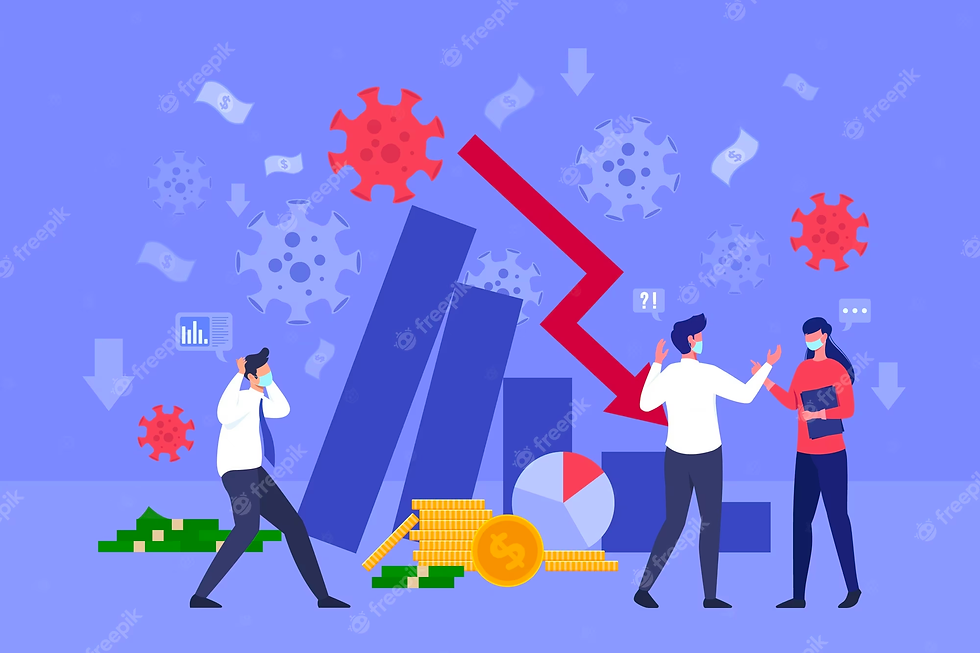Limitations of RSA - Part 2
- Muskan Garg
- Sep 2, 2023
- 1 min read
Quick Summary: Maintaining a repressive state apparatus is resource-intensive, diverting funds from essential services. Repressive institutions are vulnerable to corruption and human rights abuses, leading to domestic and international criticism. Repressive states struggle to adapt to change and hinder economic development, deterring foreign investment. Repression fosters societal polarization and hampers constructive dialogue.
Continuing from yesterday’s post here are a few more limitations of Repressive State Apparatus.
Resource Intensive: Maintaining a repressive state apparatus can be resource-intensive. A significant portion of a country's budget may be allocated to the police, military, and related institutions, diverting resources from essential services like healthcare, education, and infrastructure.
Vulnerability to Corruption: Repressive institutions may be susceptible to corruption and abuse of power, as they often operate with limited transparency and accountability.
Human Rights Abuses: Repressive measures can lead to human rights abuses, including extrajudicial killings, torture, and arbitrary arrests, which can result in both domestic and international condemnation.
Difficulties in Adaptation: Repressive states may struggle to adapt to changing circumstances, such as evolving protest methods or technological advancements. This can make it challenging for them to maintain control effectively.
Negative Impact on Economic Development: Repression and political instability can deter foreign investment and hinder economic development. Businesses may be reluctant to invest in countries with a history of human rights abuses and political unrest.
Polarization and Divisiveness: Repressive measures can polarize society, deepening divisions and making it difficult for different groups to find common ground or engage in constructive dialogue.

Via: Freepik



Comments